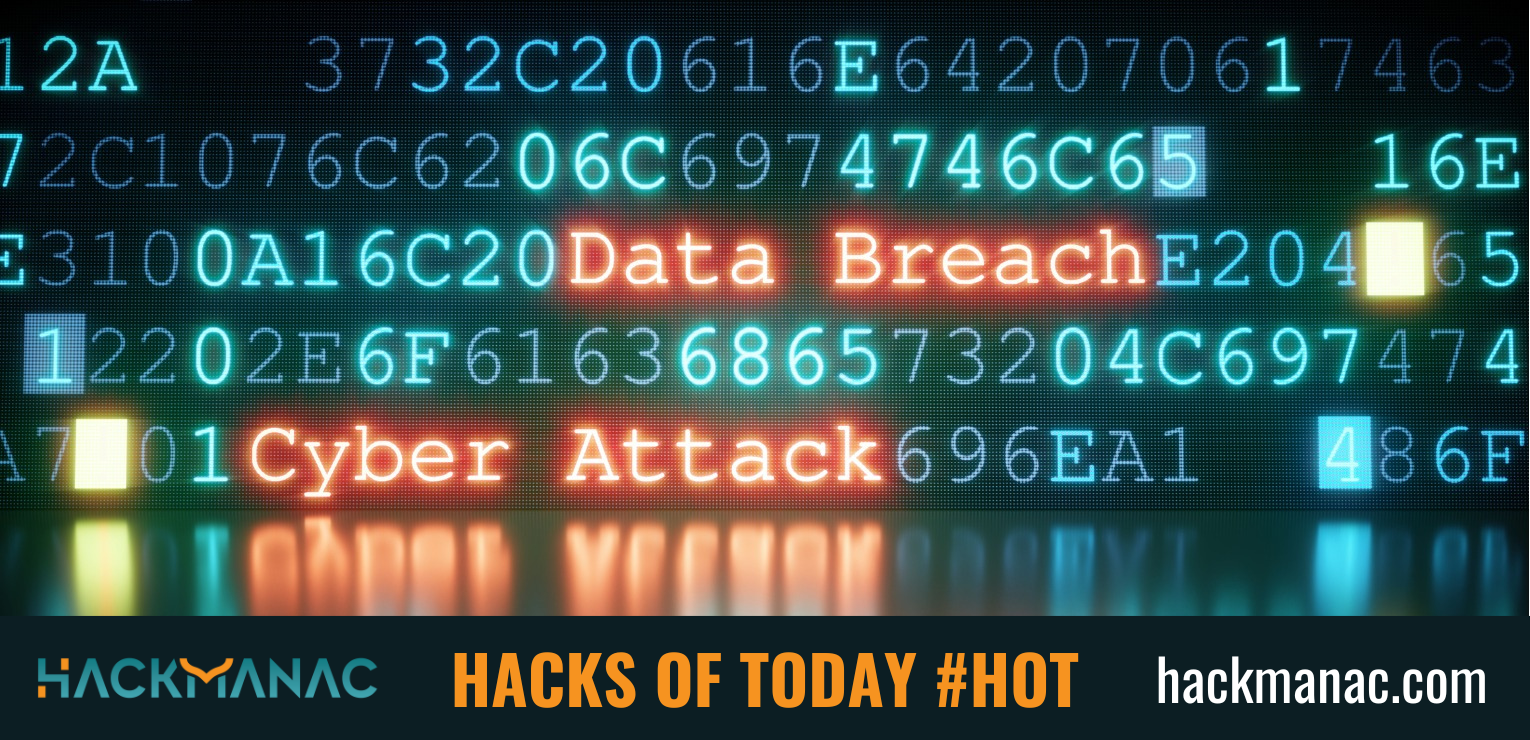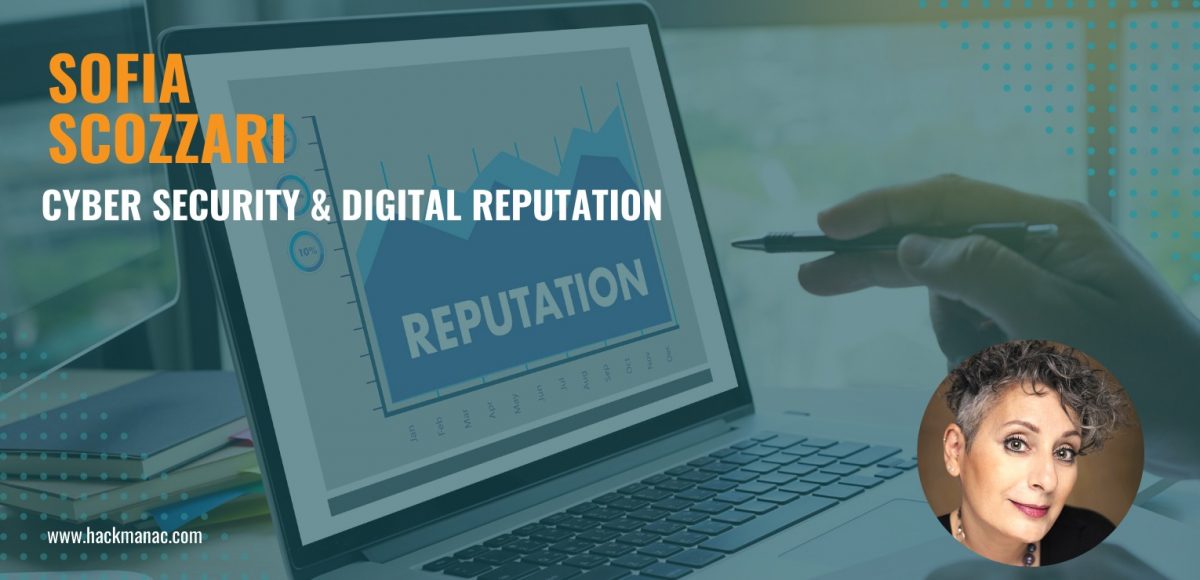news
THE CYBER SECURITY MOST REQUIRED JOBS

The current scenario of Cyber Security is certainly worrying: cyber threats are constantly lurking and risks rise, also because of the constant spread of digital and IT devices.
While the potential attack surface we expose to cyber criminals increases, the Cyber Security jobs are becoming increasingly strategic.
In 2021, there are 3.5 million job vacancies globally in Cyber Security, a sector that grew by 350% from 2013 to 2021.
The unemployment rate in Cyber Security has been 0% since 2011.
Interesting premises, therefore.
But what are the most interesting jobs in this sector?
I selected five.
1) Ethical Hacker
The ethical hacker performs advanced penetration tests on a company’s computer systems to check if there are any weaknesses or breaches already in place.
The intervention of the ethical hacker is essential to prevent and mitigate all system vulnerabilities that could be exploited to violate or damage the company.
It is a role that allows you to fully understand how systems work and how criminals think.
2) Digital Forensics Analyst
The digital forensic analyst works closely with law enforcement to investigate cybercrime.
The forensic analyst is in fact able to collect evidence on digital devices (computer, smartphone, cloud), in order to determine what really happened.
Ideal if you have an investigative mindset, the chances of learning never end as technologies continually evolve.
3) Malware Analyst
The malware analyst studies malicious software in depth to understand the nature of the threat, its behaviour and purpose.
This function is very important because it allows a quick and effective response to contain an ongoing cyber attack or to understand what happened, in case of attacks that have already occurred, and prevent the problem from recurring.
The role of the malware analyst offers a great opportunity to hone your investigative skills by confronting cybercriminals who instead try to obfuscate their software threats as much as possible.
4) Cyber Security Manager
The Cyber Security Manager manages security systems and solutions projects that protect the resources and data of an organization.
Coordinating with other Cyber Security specialists, he verifies each phase of the project and ensures that the objectives are achieved on time and within budget as well as quality standards.
It is the perfect role to test your organizational and management skills, as well as your understanding of the dynamics of Cyber Security.
5) Chief Information Security Officer (CISO)
The CISO supervises and is responsible for the entire security strategy of an organization, effectively acting as a link between the technical department and the company’s managers.
This role requires excellent leadership qualities and a thorough understanding of an organization’s cyber security as well as business dynamics.
It is a senior position of great responsibility, which usually reports directly to the CEO of the company.
Therefore, not only technical roles, but also functions where organizational and management skills are important.
What are the main skills for Cyber Security then?
Technical skills (hard skills) first of all: the in-depth knowledge of the various operating systems and main applications, of computer networks, of programming languages (in particular scripting).
Based on the chosen area, specific skills will also be needed, from incident response to compliance.
But soft skills also have their relevance: organizational and managerial skills, analytical and deductive intellectual abilities, lateral thinking, problem solving attitude, attention to the details, team work predisposition, communication skills.
So how do you become an expert in Cyber Security?
If for the technical roles university is not ready to entirely prepare for all the Cyber Security roles, although it is rapidly catching up with vertical paths.
For non-technical roles, a degree in computer science or business management may be useful, as well as a master’s or professional certification in project management.
In general, certifications and specific courses can broaden skills and increase the chances of success.
But, above all, it is useful to acquire a lot of practice in the field and continuously update.
Good job!
Latest news
HACKS OF TODAY 26/04/2024
Today's HOT includes 19 victims by the notorious Rhysida, Everest, RansomHouse, DarkVault, RansomHub, Medusa, Hunters International, Cactus and dAn0n gangs. The average Cyber Risk Factor is 4.2. Read...
Read MoreHACKS OF TODAY 25/04/2024
Today's HOT includes 8 ransomware victims by the notorious RansomHub, Hunters International, Black Suit, Qiulong, DarkVault, RansomHouse, Qilin and MyData gangs. The average Cyber Risk Factor is 4.0....
Read MoreHACKS OF TODAY 24/04/2024
Today's HOT includes 10 ransomware victims by the notorious RansomHouse, Black Suit, Rhysida, BianLian, RansomHub, BlackBasta, Eraleig and Qiulong gangs. The average Cyber Risk Factor is 4.4. Read...
Read More


